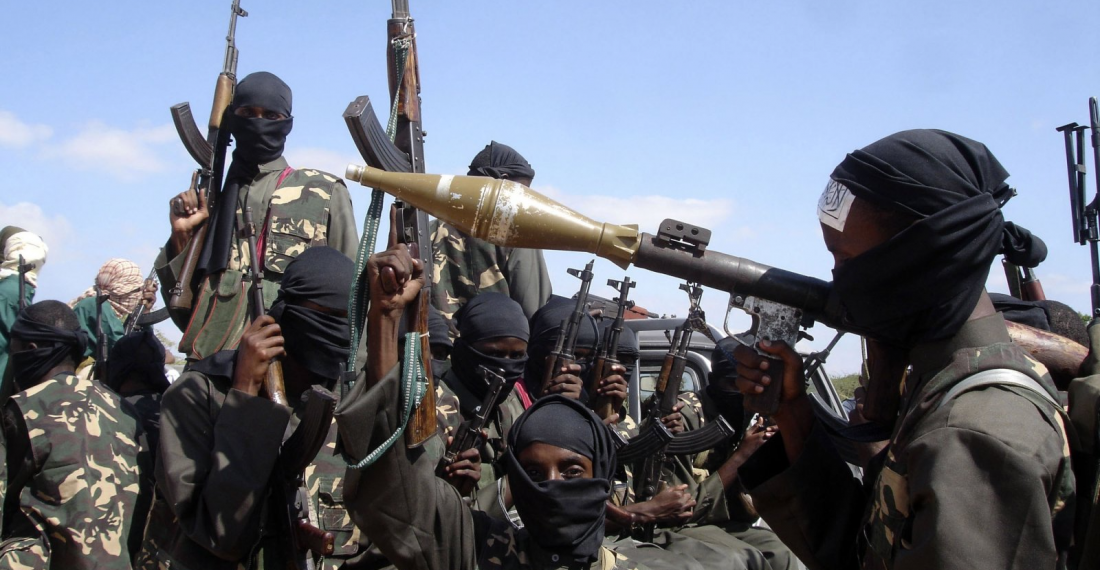The Somali government announced on Monday (3 October) that a joint drone airstrike has killed Abdullahi Nadir, a top al-Shabab militant in southern Somalia, near the coastal town of Haramka. Since 2012, Nadir had been one of the seven leaders on whom the United States had placed a bounty of $3m for his capture.
According to the Somali ministry, Nadir was the former finance head of the Shura council, a powerful advisory body within al-Shabab. The ministry also added that Nadir was believed to be the future leader of the al-Qaeda-linked group after the current chief Ahmed Diriye. Al-Shabab has waged a bloody uprising against the Mogadishu government for 15 years and remains a powerful force despite an African Union operation against the group. Although the group was driven out of the capital in 2011, they continue to carry out attacks on the military, government and civilian targets.
The strike on Saturday 1 October took place a few weeks after the newly elected president, Hassan Sheikh Mohamud, pledged to stage an all-out war against al-Shabab after the group undertook several violent attacks against the population, including a 30-hour hotel siege in the capital that took the lives of 21 people in August this year. He insisted that civilians should stay away from zones controlled by al-Shabab as he wanted to increase offensives against the militant group.
Moreover, the US has frequently joined Somali troops and African Union soldiers in counterterrorism operations, as well as carrying out drone strikes on al-Shabab training camps throughout Somalia. Last month, the US, at the request of the Somali government, organised an airstrike that killed 27 al-Shabab fighters near Bulobarde, a key city bordering Ethiopia.







